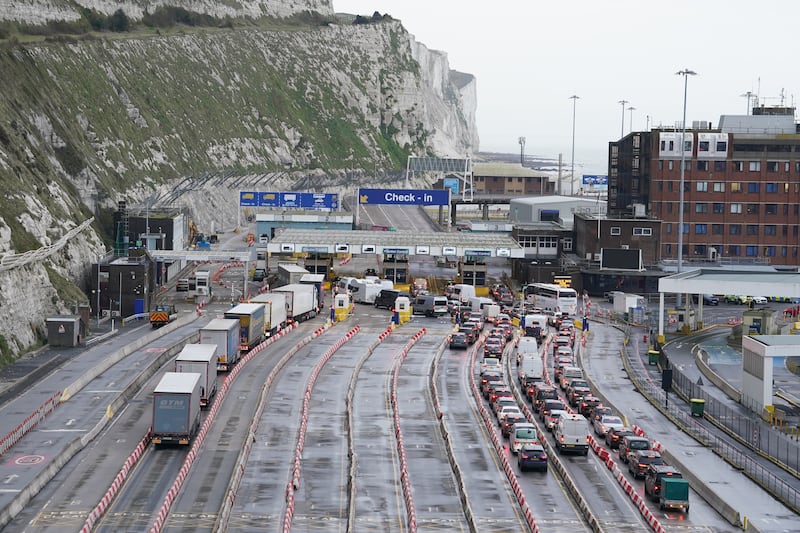Economists have brightened their outlook for the UK, upping their growth forecasts after Brexit uncertainty eased last month.
The shift in tone follows a resilient performance from gross domestic product (GDP) in the run-up to the Brexit vote, coupled with a string of surveys pointing to a rebound in activity following July's slump.
The Bank of America Merrill Lynch said Britain was on course to dodge recession, as it raised its GDP estimates to 1.8 per cent from 1.7 per cent for this year and to 0.6 per cent from 0.2 per cent for 2017.
It said the UK economy had shown more resilience after a bad July, but warned that "better-than-expected data was not the same as strong data".
PwC has also revised up its projections to 1.8 per cent from 1.6 per cent for 2016 and to 0.7 per cent from 0.6 per cent for the year after.
It comes after Morgan Stanley and JP Morgan upgraded their economic expectations for the UK economy earlier this week, having cut their forecasts for Britain in the wake of the Brexit vote.
John Hawksworth, chief economist at PwC, said: "While we'll have to wait until late October for the first official GDP estimates for the third quarter, it's encouraging that indicators such as retail sales held up well in July and purchasing managers indices bounced back in August."
Many economists slashed their growth expectations in the immediate aftermath of the EU referendum result, while the Bank of England warned that a Brexit vote could cause a technical recession.
The negative outlook was compounded by the Markit Flash UK Composite Output Index for July, which showed that the UK economy had slumped at its fastest rate since the financial crisis following the vote to leave the EU.
Since then, the economic picture has been mixed, with the PMI surveys for manufacturing and services showing a rebound in activity for August.
A surprise rise in retail sales and a strong batch of employment data in July also suggested the UK economy had faired better than initially expected.
However, the Bank of America Merrill Lynch's global research report urged caution over jumping to conclusions from the data published so far.
"We still know very little about how the post-Brexit economy has and will perform in the short-term," it said.
"Sentiment data probably exaggerated the July weakness and may have over-egged the bounce in August. Even supposedly 'hard data' will likely face years of revisions.
"And some of the Brexit shock will not appear until next year, when higher inflation squeezes real incomes again."








